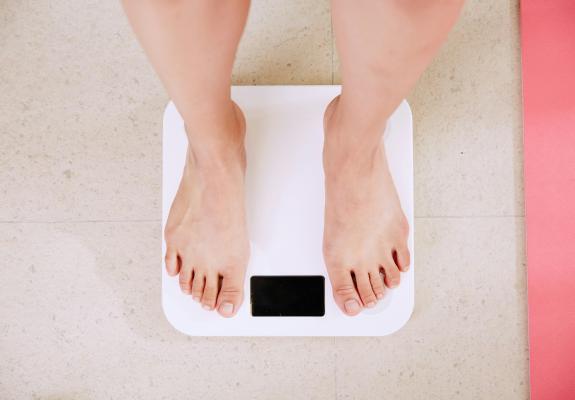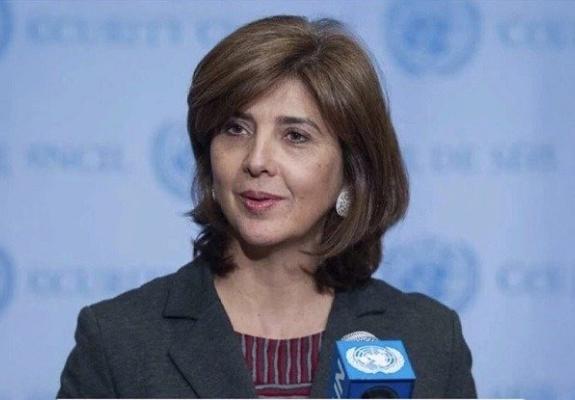Cyprus' Recycling and Waste Reduction Initiatives
How the Island’s Green Policies Have Evolved With the Times
In light of ecological threats that our planet is currently facing, the EU has set green goals for its member countries. Specifically, it now requires countries within it to be recycling 55% of their waste by 2025, 60% by 2030, and 65% by 2035. In many cases, to achieve these goals a shift in the public’s mindset is required, as well as a total revamp in the country’s recycling infrastructure. Following the pressure to comply with the EU’s guidelines, Cyprus has developed a sensitivity regarding green and sustainable practices and issues. As a result, eco-friendly initiatives and efforts to boost recycling rates and reduce waste have increased exponentially, finding great support from both state and independent bodies.
One of the most ambitious and comprehensive initiatives proposed and launched by the Cypriot government is a program called “Municipal Waste Management Plan 2022-2028”, which aims to revamp the established waste management systems of the island. Some of the plan’s key aspects include the separation of waste at its source, the promotion of separate collection, and the implementation of “Pay As You Throw” (PAYT) schemes. The “Municipal Waste Management Plan 2022-2028” is specially curated to meet waste reduction targets set by the European Union and to foster the development of a circular economy.
On July 27, 2021 a number of Cypriot ministers collaborated to present the “Cyprus Action Plan for the Transition to a Circular Economy 2021-2027”, with a budget of €90 million. This important initiative is focused on cultural change, by providing incentives to individuals and organizations to invest in circular economy practices. Furthermore, it aims to facilitate the development of necessary infrastructures, such as Green Recycling Points and domestic composting facilities. Finally, it places great emphasis on the reduction of plastic waste through the implementation of community projects like “Keep our Sand and Sea Plastic Free”.
Last but not least, the “Pay-As-You-Throw” system was introduced as part of broader waste management reforms, and it is designed to boost waste reduction rates by charging residents based on the amount of non-recyclable waste they produce. This practice is expected to reduce waste generation and improve recycling rates by encouraging Cypriots to recycle more and waste less.
“Keep our Sand and Sea Plastic Free” is one of the most prominent projects conducted by the TUI Care Foundation in partnership with the Cyprus Sustainable Tourism Initiative (CSTI). The “Keep our Sand and Sea Plastic Free” project has managed to successfully engage tourists, businesses, and residents in coastal regions to significantly reduce the use of plastics. The initiative has led to a 70% reduction in single-use plastics by tourism businesses and increased awareness among residents. Namely, between 2019 and 2021, the hotels and restaurants involved in the project have reduced the use of plastic straws by 98%, cocktail decorations by 96.02%, plastic drink stirrers by 92.18%, and plastic ice cream spoons by 84.54%, among multiple others.
In order to motivate people to make recycling part of their everyday lives, I.A.CO has developed a network of Green Points across the island, particularly benefiting remote communities. The accessibility these facilities offer makes it easier for residents to participate in recycling efforts, allowing for the collection of recyclable materials, large household items, and hazardous waste.
In spite of the aforementioned efforts, Cyprus is still not able to meet the waste management targets standards set by the European Union, with its recycling rate sitting south of EU standards. The Cypriot government and the island’s community have come together to address these gaps by fostering a culture of recycling and sustainability, through ambitious initiatives and exhaustive planning. By integrating separate collection systems and promoting circular economy principles, Cyprus is taking significant steps toward meeting the EU's 2035 targets of reducing waste to a maximum of 10%.
However, both parties are faced with significant challenges in their attempts to create a greener future for Cyprus. These challenges include:
-
Limited Public Awareness: Although progress in recent years has been apparent, a large number of Cypriot citizens are still ill-informed about the benefits and proper methods of recycling.
-
Force of Habit: Any change from the ordinary is usually faced with skepticism. Naturally, new and more demanding waste management practices are a difficult sell for many Cypriots.
-
Lacking Infrastructure: It is important to note that the plan to make recycling a vital part of everyday Cypriot life is still in its early days. As such, it is easy to surmise that the country’s recycling infrastructure is somewhat limited, which in many cases, makes it hard for people to adopt these new practices, especially in rural regions of the island.
-
Financial Restrictions: To overhaul almost the entirety of the Cypriot waste management system, a large sum is necessary. Although there have been multiple sizable investments, further costs may cause the process to slow down a bit.
-
Red Tape Barriers: Turning ideas and plans into enforceable regulations is easier said than done. Before a recycling plan is accepted and launched it needs to go through waves of bureaucratic procedures that ensure its compliance with state and EU standards.
-
Recycled Materials Market: For this change to come to fruition, it is vital for Cyprus to develop a market for recycled materials. Without the necessary demand for recycled products, the concept of recycling cannot be fully established. Cyprus needs to facilitate the creation of bodies that can utilize recycled materials effectively and in compliance with international recycling standards.
While Cyprus has had significant ground to cover in terms of keeping up with the recycling standards set by the European Union, it has recorded some progress in recent years, which inspires hope for the country’s green future. Thanks to support and understanding from various stakeholders, the island has taken steps to modernize its recycling facilities, as well as to make the concept of recycling a part of the life of Cypriot citizens. However, there is still much work to be done and various obstacles to be overcome, as not all changes have been embraced or easily implemented. At the end of the day, the signs for positive change in Cyprus are there, and the country is in a better position than before.






